1. Living Completely Without Electricity
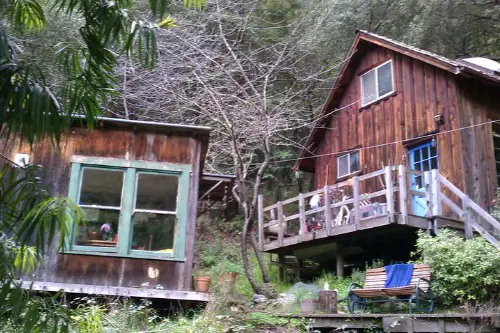
The idea of unplugging from modern life sounds dreamy—cozy evenings by candlelight, stargazing instead of screen-gazing. In reality, living entirely without electricity is a logistical nightmare. Refrigeration, cooking, and water pumping all become major daily challenges. Most people underestimate how much time and energy these basic tasks consume.
Even if you manage to go fully off-grid, it can take a toll on your relationships. Constant planning, early bedtimes, and frequent trips to town for essentials can create tension. What starts as a romantic “back to nature” experiment often turns into stress and frustration. Unless both partners are prepared for an extreme lifestyle, this habit rarely stays idyllic for long.
2. Building a Tiny Cabin Without Planning
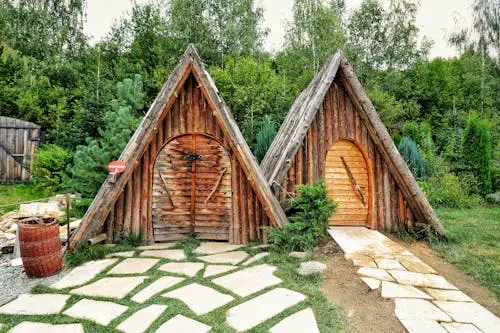
Tiny cabins evoke images of peaceful simplicity and intimacy. Unfortunately, constructing one without permits or professional guidance is usually a disaster. Structural issues, weatherproofing, and zoning laws are real problems that often get romanticized. You might save money initially but face headaches—or fines—later.
Couples often think building together will strengthen their bond, but it can have the opposite effect. Decision fatigue, disagreements over design, and long, sweaty days of manual labor can strain even the strongest relationships. What was meant to be an enchanting project turns into a logistical quagmire. Proper planning, research, and realistic expectations are essential.
3. Foraging for All Your Food

Harvesting wild berries and mushrooms sounds like a poetic, sustainable lifestyle. In practice, relying on foraging is extremely risky unless you are highly skilled. Many edible plants have toxic look-alikes, and finding enough calories consistently is almost impossible. Seasonal changes further limit your options, making it a precarious habit.
Romantic images of hand-picked meals in the forest don’t account for the reality of constant hunger. You may spend hours searching for food that barely sustains you. Stress and frustration can replace the “tranquil connection to nature” you imagined. Most off-grid enthusiasts supplement foraging with gardening or store-bought staples.
4. Living Without Running Water
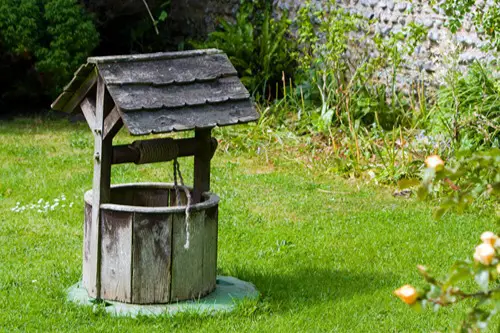
The idea of hauling water from a creek and bathing in a natural stream feels rustic and freeing. In reality, managing daily hygiene and household needs without running water is exhausting. Washing clothes, cooking, and cleaning quickly become time-consuming chores. Water safety is another concern, as untreated water can harbor bacteria and parasites.
Couples might start off romanticizing outdoor showers and river dips. But constant trips for water and scrubbing dishes by hand can lead to exhaustion and arguments. Maintaining cleanliness while staying healthy is far more complicated than it seems. Most off-grid homes still rely on at least some water infrastructure.
5. Generating All Your Own Power
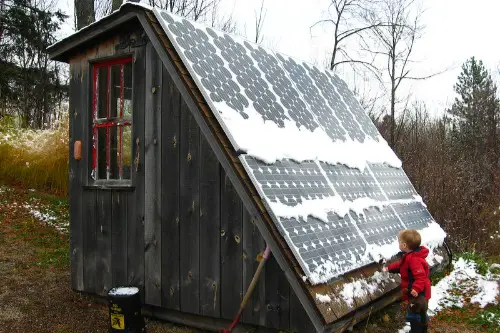
Solar panels and wind turbines sound like sustainable bliss. Yet, generating all your own energy is expensive, technically complex, and weather-dependent. Cloudy days or calm periods can leave you without power at critical times. Backup systems or careful planning are almost always necessary.
It’s easy to feel self-sufficient, but the reality is constant maintenance and monitoring. Batteries degrade, wires fail, and appliances can break down unexpectedly. Couples may find themselves bickering over energy usage rather than enjoying each other’s company. True off-grid success usually blends DIY energy with practical compromises.
6. Using Only Candlelight
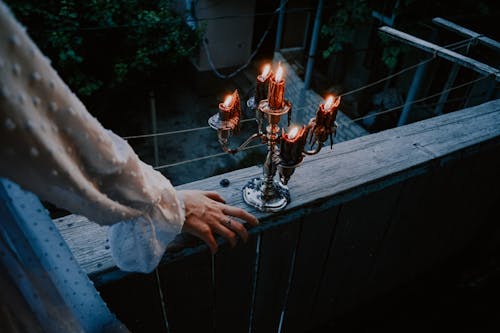
Romantic dinners and soft evenings by candlelight are undeniably charming. However, trying to live solely by candles creates safety hazards and practical headaches. Candles burn out quickly, drip wax everywhere, and provide minimal illumination for tasks. Eye strain, fire risk, and frustration often replace the intended charm.
What seems like an intimate, rustic habit can feel claustrophobic in everyday life. Reading, cooking, and cleaning all become difficult without proper lighting. Couples who start with this as a “romantic touch” often switch back to practical lighting sooner than expected. Safety and functionality usually trump ambiance.
7. Extreme Minimalism
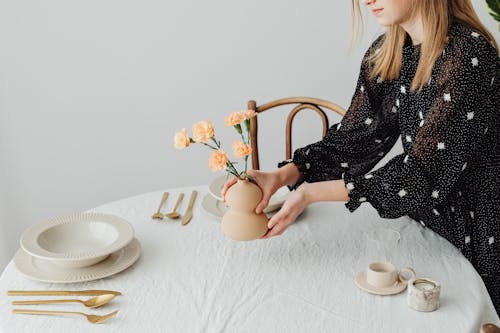
The notion of stripping life down to bare essentials seems liberating and poetic. Yet extreme minimalism often leads to constant compromise and discomfort. Basic tools, clothing, and supplies become scarce, forcing constant improvisation. This can be more stressful than freeing.
Romance and simplicity collide with practicality when you realize you don’t have the things you actually need. Arguments over what is “necessary” versus “luxury” are common. While living minimally can be fulfilling, overdoing it off-grid can strain relationships. Balance is key to making this habit workable.
8. Forbidding Technology Entirely

A technology-free lifestyle conjures images of meditation, deep conversations, and mindful existence. In practice, cutting off all technology is isolating and logistically challenging. Communication, navigation, and emergency access become complicated. Even planning meals or medical needs can require some tech.
Couples who go fully tech-free often underestimate modern dependencies. The novelty of unplugging wears off, replaced by frustration and inefficiency. What starts as “digital detox” romance can turn into isolation and stress. A moderated approach tends to be more sustainable.
9. Extreme Self-Sufficiency
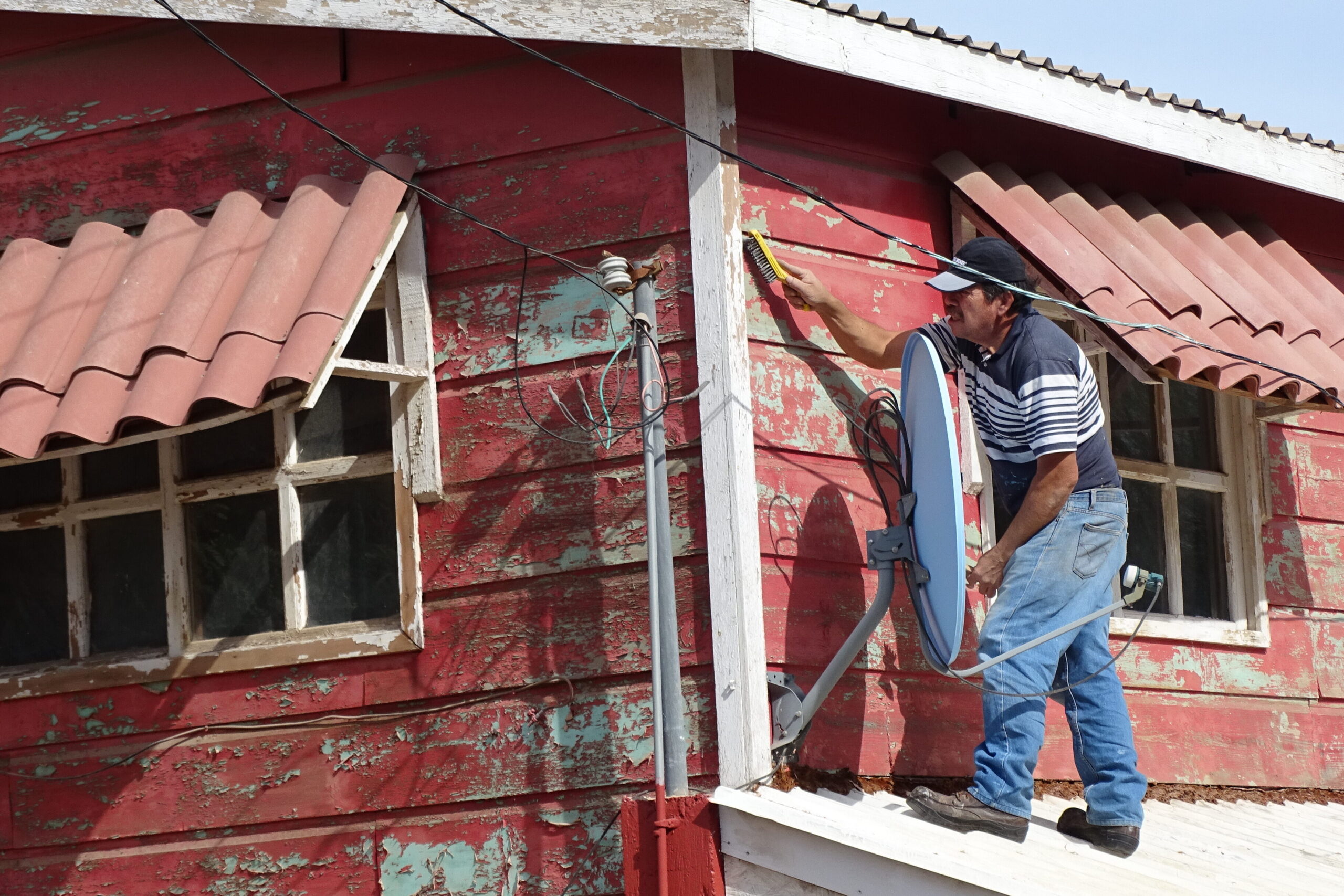
Relying solely on yourself for everything—from food to repairs—sounds empowering. In reality, total self-sufficiency is almost impossible. Illness, equipment failure, and natural challenges make outside help necessary. Expecting to do it all can lead to exhaustion and tension.
Couples trying to maintain extreme self-sufficiency often fight over small setbacks. The stress of constant problem-solving can overshadow romantic ideals. Most successful off-grid living involves selective independence with some external support. Knowing your limits is crucial for long-term harmony.
10. Sleeping Outdoors Every Night
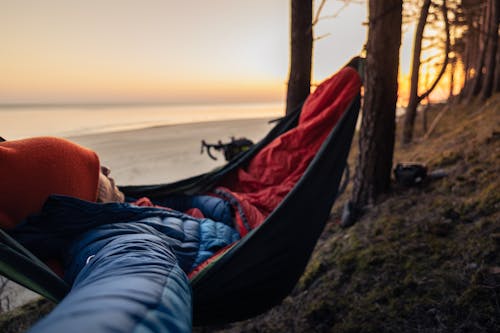
Sleeping under the stars seems magical and intimate. However, constant exposure to weather, insects, and wildlife quickly turns uncomfortable. Temperature swings, rain, and allergens can make restful sleep rare. Over time, this affects energy, mood, and patience.
While romantic at first, daily outdoor sleeping is physically taxing. Couples may find themselves longing for simple comforts like mattresses and blankets. This habit is much harder to maintain than Instagram photos suggest. Partial outdoor sleeping or occasional camping nights is usually a better compromise.
11. Harvesting Wild Meat or Fish

Hunting and fishing evoke images of primal bonding and survival skills. But sourcing enough protein consistently is difficult and heavily regulated. Licenses, conservation rules, and seasonal limits all complicate things. Inexperience can lead to failure or even dangerous mistakes.
Romance quickly fades when dinner requires hours of tracking or fishing with no guarantee of success. Frustration can replace the envisioned adventurous lifestyle. Most off-grid residents supplement protein with gardening or store-bought staples. Realism is key to keeping the lifestyle enjoyable.
12. Ignoring Modern Healthcare

Some off-grid enthusiasts romanticize natural remedies and avoidance of doctors. While some practices can be beneficial, ignoring modern healthcare is risky. Emergencies, infections, and chronic conditions require professional attention. This habit can endanger both health and relationships.
Couples may start by embracing herbs, meditation, and home remedies. But minor health issues can escalate without proper care, creating stress and fear. A hybrid approach—off-grid living with access to healthcare—is much safer. Love and romance rarely thrive when illness or injury dominates daily life.
This post 12 Off-Grid Habits That Sound Romantic But Rarely Work Out was first published on Greenhouse Black.
